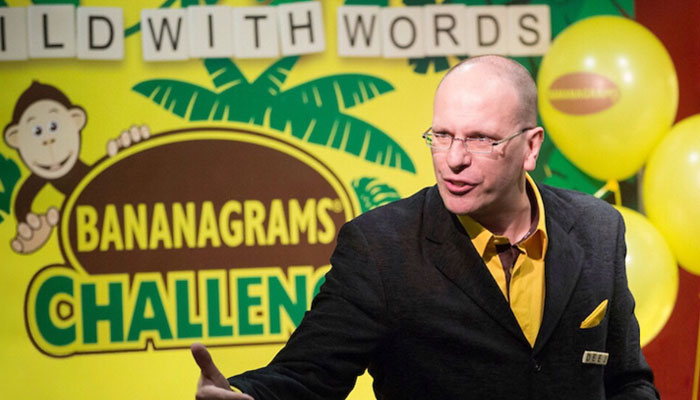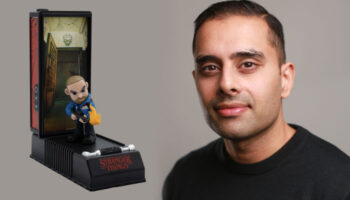Stop creativity dead in its tracks

Do you think of creativity as an art or a science? While I’ve always seen it as more the latter, there are certainly some conditions under which even the most habitually creative may flounder. Oddly enough, though, some of these conditions thrive in almost every industry.
Here are three of the most common ways in which companies and individuals unwittingly stop creativity dead in its tracks – and what to do instead…
Bad Brainstorming
Of all the counterproductive ways to encourage ideation, this may very well be the most widespread. Consider this: if you have a lot of people who aren’t particularly confident playing their own musical instruments, how much better do you think they’ll sound if you shove them all in one room and say, “Do your best!”? Unfortunately, the sheer busyness of brainstorming often creates the illusion of productivity when really it’s all gong and no dinner. Indeed, studies show it’s much more effective to ask individuals to come up with a number of ideas outside of a group environment.
Lack of Clarity
Think of the creative part of your mind as being like a computer – and remember the old programming adage: “Rubbish in, rubbish out!” This is important because it often seems that people give ill-defined goals or problem outlines in the mistaken belief that being vague serves as a launch pad for ‘blue-skies thinking’. It doesn’t. It’s far better to identify a clear goal, and distinguish between an interest – what you want to achieve – and positions: the numerous ways in which you might achieve it.
Stopping at “I Don’t Know!”
Did you know that The Western Union Telegraph Company dismissed the telephone as “ungainly and impractical”? They rejected Alexander Graham Bell’s invention saying that, “This ‘telephone’ has too many shortcomings to be seriously considered as a means of communication.”
One can only imagine what the shortcomings were! My guess is that part of the real problem lay in that Bell’s thinking was so original… It undoubtedly bred questions to which there were no answers and, as you must know, countless ideas start limping on one leg whenever a proponent admits, “I don’t know!”
Interestingly, there are two completely different attitudes waiting to greet those three words. The first is the happy child of curiosity: people truly want to know more! Here, saying “I don’t know” only finds a sea of possibilities, never the end of a notion. The second, however, is often motivated by ego or insecurity, and signals an idea’s imminent death like a tolling bell. Bizarrely, the questioner’s manner usually telegraphs this: they appear to relish someone not knowing as if they’ll win a cash prize for scuppering each new idea.
Happily, you can handle both situations in exactly the same way. Simply acknowledge that the question is valid, and matter-of-factly say that you don’t know the answer – but immediately add, “…we should find out.” Handled with integrity and respect, your not knowing everything about an idea needn’t be its downfall.
Described by BANANAGRAMS inventor Rena Nathanson as one of only two geniuses that she’s ever met, Deej Johnson is a creative consultant, writer and author of The Little Book of BANANAGRAMS. His other toy and game clients include Playtime PR, Accentuate and Ooba. You can contact him at [email protected].

























